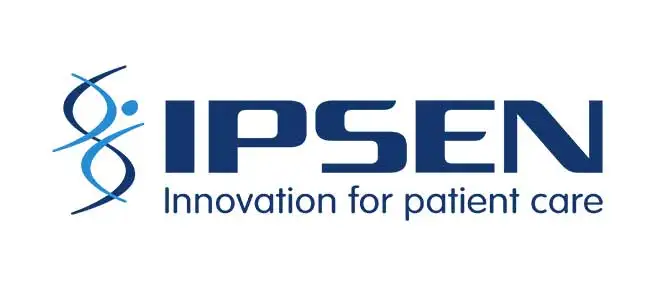How can health data be utilised to improve patient care and treatment outcomes?

June 2025
Summary
Health data improves patient care by enabling personalised treatment plans, early diagnosis, and better resource allocation. This case study is an example on how health data helps guide doctors’ decision about the optimal treatment options for patients who did not respond well to their initial therapy by enabling personalised treatment plans. Understanding how people with advanced kidney cancer respond to different medicines helps doctors choose the right medicines for patients. Overall, health data ensures higher quality and more efficient healthcare delivery.

What was the health issue?
Kidney cancer is the 6th most common cancer in the UK, with over 10,000 new cases per year. Advanced kidney cancer patients often need a second round of treatment with medicines that are different from their initial treatment. Understanding differences in how patients respond to different medicines helps doctors choose the optimal treatments for each patient, which improves a patient’s cancer care, survival and quality of life.
What were the researchers trying to find out?
In this study, known as CARINA, researchers at Ipsen, in collaboration with hospitals and universities across the UK, investigated the effectiveness of various second line treatments for treating patients with advanced kidney cancer. This study also evaluated how the type of medicine received in the first round of treatment affected outcomes in the second round.
Why did the research require the use of health data?
It was important that the findings of this study could be generalised to cancer care pathways across the NHS. The study therefore encompassed many patients over a seven-year time period in multiple locations throughout the UK to remove any bias and to be representative of different patient groups. To carry out this study, researchers accessed anonymised hospital and prescription records which included information about patients’ medical histories, including treatments, how long treatment lasted, and the outcomes of their treatment. It would not have been practical to obtain the amount and depth of this required information using any other methods than analysing population scale health data.
How was the research done?
The study used anonymised data from hospital and prescription records of 281 patients, aged 18 or over, with advanced kidney cancer who were treated in specialist cancer centres across the UK. These records spanned from April 2015 to June 2022.
What did the research find?
The research provided insights into how patients respond to different types of treatments, which is vital for improving health outcomes and ensuring the optimal available therapies are given to patients.
Why do the results matter?
By analysing data from various sources, such as electronic health records (in this case electronic prescriptions and hospital records), doctors can develop personalised treatments plans tailored to individual patients that are more effective for each patient.
Health data analysis also helps in understanding how different patients respond to various treatments. This information can guide doctors in selecting the optimal treatments for each patient, thereby improving overall treatment outcomes and patient survival rates.
Understanding how patients respond to different types of medicines is vital to improving health outcomes.
Doctors can identify patterns and risk factors that may indicate the early stages of a disease. This enables early diagnosis and intervention, which can prevent the progression of diseases and improve patient outcomes.
Additionally, health data analysis helps healthcare systems allocate resources more efficiently. By improving the efficiency and effectiveness of healthcare delivery, health data can help reduce overall healthcare costs. Early diagnosis, personalised treatments, and better resource allocation all contribute to cost savings.
Overall, the use of health data leads to higher quality healthcare. It ensures that treatments are based on the latest evidence, improves patient safety, and enhances the overall patient experience.
Further information
This case study has been adapted from a clinical study titled: Real-world treatment sequencing and outcomes with cabozantinib after first-line immune checkpoint inhibitor-based combination therapy for patients with advanced renal cell carcinoma: CARINA study results.
Glossary
Anonymised data: data where personal information has been removed so that individuals cannot be identified. This process ensures privacy and confidentiality, making it safe to use the data for research or analysis without revealing who the data belongs to.
Data sources used:
• Electronic Prescription Service: a system which allows prescribers, such as a doctor, to send prescriptions electronically to a dispenser, such as a pharmacy. It also holds patient prescription records which can be used for research.
• Hospital medical records: data from individual specialist cancer centres, including treatments used, patient response and mortality.
Last modified: 07 July 2025
Last reviewed: 07 July 2025